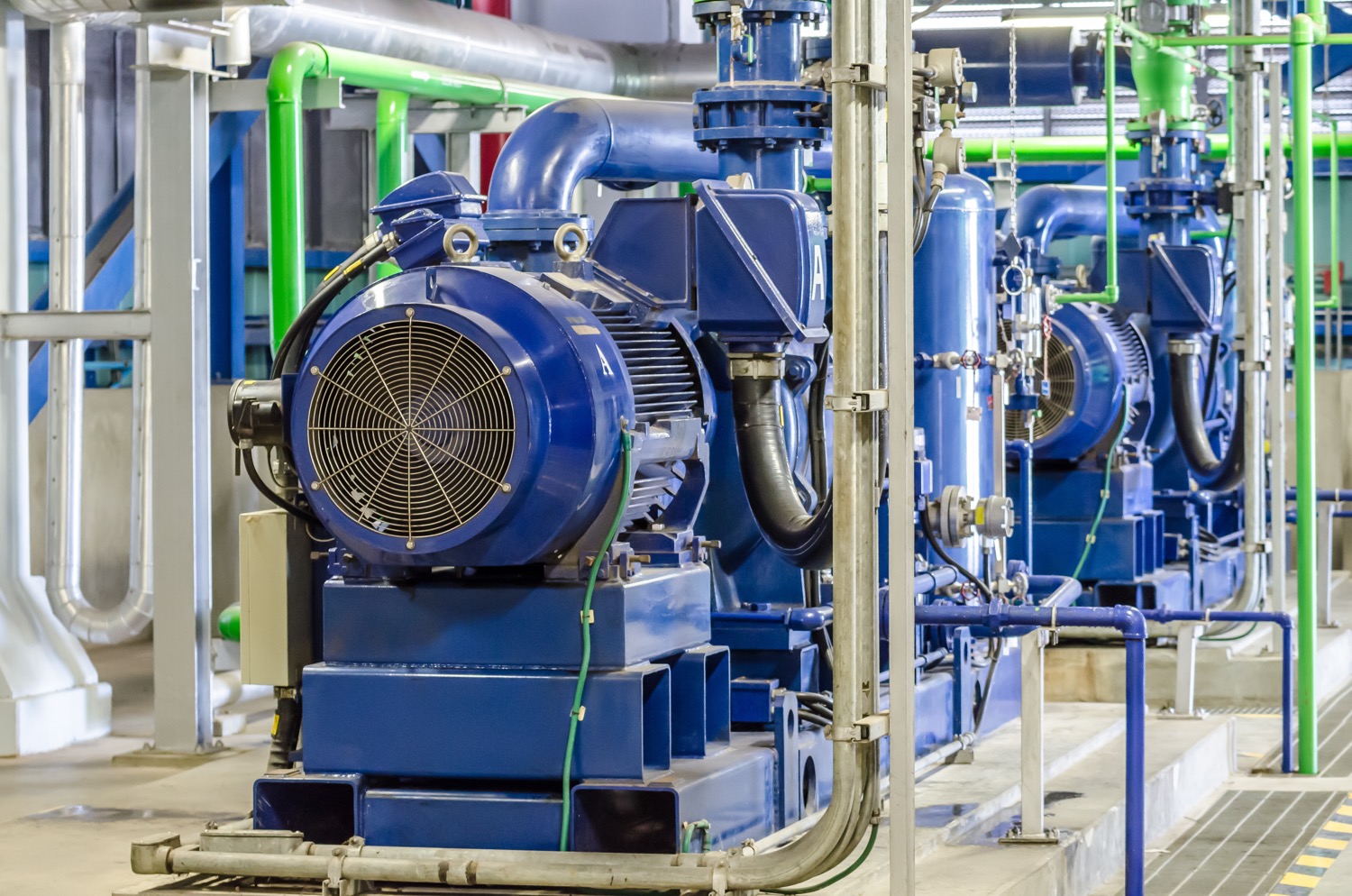
Combined Heat and Power Systems and How They Can Help You
With 47% of carbon emissions being attributed to buildings, it is essential to consider the ways we generate and consume our energy. Thankfully, there are provisions that can be put in place to ensure energy is used in the most efficient way, and one of greener and reliable ways is to use Combined Heat and Power (CHP) systems.
CHP systems, also known as cogeneration, combine the production of heat and electric energy into one seamless process, requiring up to 30% fuel than conventional methods where heat and power are produced separately. This process leads to a more efficient and eco-friendly approach to power generation instead of other methods like taking power from the grid or using an onsite furnace or boiler.
CHP systems can use a variety of fuels that are renewable and fossil-based, but most often, natural gas input to CHP provides heat and power output. This is a very efficient means of providing heat in comparison to conventional boilers. As highlighted in earlier blogs, increased energy efficiencies help you save money and save the environment.
The Types of Buildings That Use CHP
CHP systems can be used in most building types where there is an on-going heat load. Heating water for swimming pools is a good example as the system can run continuously without wasting heat and continuously generating electricity. Where waste heat may be experienced, there are options for thermal storage to be installed. There are also micro-CHP systems that can be installed for domestic purposes but there should be ongoing heat requirements for continuous application.
There are three key benefits to using a CHP system compared to other conventional methods:
- They reduce costs due to their increased efficiency.
- CHP systems reduce greenhouse gas emissions, making them environmentally friendly.
- They can provide reliable, 24/7 electrical and thermal power even when the grid is down.
What You Should Consider When Choosing CHP

When designing CHP systems, it is important to consider the heating and electricity outputs required. Ideally the place will be using the heat often, resulting in long hours of operating (over 300 hours a year) and at least 50% usage of the generated heat. The impact of heat recovery is critical in choosing CHP.
The current efficiency of systems should also be considered. It is best to ensure that your building is as energy efficient as possible before choosing CHP. For example, during our initial work with commissioning management at The Shard, we witnessed that CHP systems were used with highly sophisticated control systems but due to cost cutting (for even a building as grand as this), the previously mentioned thermal stores were not installed. The systems should be as lean as possible, and best considered when aging equipment is about to be replaced.
With our experience with CHPs we’ve concluded that maintenance is fundamental to their operation. In order to continuously reap the benefits of this technology, specialist maintenance is required to ensure that the demands of electricity and heating are met by the systems and the control set-up is as per design.
Good Quality CHP
The UK now has government policies to ensure that buildings are energy efficient and safe for the environment. With such high carbon emissions attributed to buildings, there are now provisions put in place to assess how much energy a building is saving. This includes the CHP Quality Assurance programme (CHPQA).
Once you have a CHP system, you can apply to a CHPQA programme, the initiative asses all types and sizes of CHP schemes throughout the UK.While participation is voluntary, passing a certificate comes with many benefits:
- Renewable Obligation Certificates
- Renewable Heat Incentive
- Carbon Price Floor (heat) relief
- Climate Change Levy exemption (in respect of electricity directly supplied)
- Enhanced Capital Allowances and preferential Business Rates
By assessing energy efficiency and environmental performance, the CHPQA can ensure that the associated fiscal benefits are in line with required environmental performance.
For more information on CHP and how to implement, benefit from, and manage these systems, contact us at Karsons Consulting and we will be happy to assist you. We have created a specific software in the design and management of CHP systems and would be happy to discuss your particular needs in this regard.
Karsons Consulting are members of the Chartered Institute of Building Services Engineers, The Association of Consultancy and Engineering, British Institute of Facilities Managers and the Building Services Research and Information Association.